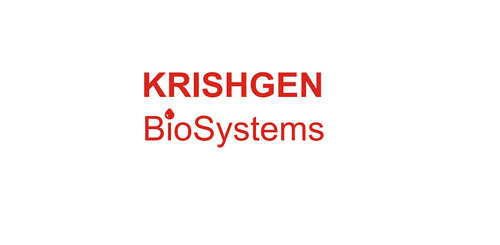Product Description
Mouse Neurotrypsin (PRSS12) ELISA Kit | AE25624MO | Abebio
Species Reactivity: Mouse (Mus musculus)
Abbreviation: PRSS12
Alternative Name: BSSP-3; BSSP3; MGC12722; MRT1; brain-specific serine protease 3|leydin|motopsin|neurotrypsin
Application: ELISA
Range: Request Information
Sensitivity: Request Information
Intra-Assay: ≤5.3%
Inter-Assay: ≤9.2%
Recovery: 0, 98
Sample Type: Serum, Plasma, Other biological fluids
Detection Method: Sandwich
Analysis Method : Quantitive
Test Principale: This assay employs a two-site sandwich ELISA to quantitate PRSS12 in samples. An antibody specific for PRSS12 has been pre-coated onto a microplate. Standards and samples are pipetted into the wells and anyPRSS12 present is bound by the immobilized antibody. After removing any unbound substances, a biotin-conjugated antibody specific for PRSS12 is added to the wells. After washing, Streptavidin conjugated Horseradish Peroxidase (HRP) is added to the wells. Following a wash to remove any unbound avidin-enzyme reagent, a substrate solution is added to the wells and color develops in proportion to the amount of PRSS12 bound in the initial step. The color development is stopped and the intensity of the color is measured.
Product Overview: Serine proteases (or serine endopeptidases) are enzymes that cleave peptide bonds in proteins, in which serine serves as the nucleophilic amino acid at the (enzyme's) active site. They are found ubiquitously in both eukaryotes and prokaryotes. Serine proteases fall into two broad categories based on their structure: chymotrypsin-like (trypsin-like) or subtilisin-like. In humans, they are responsible for co-ordinating various physiological functions, including digestion, immune response, blood coagulation and reproduction. PRSS12 is a member of the trypsin family of serine proteases. Plays a role in neuronal plasticity and the proteolytic action may subserve structural reorganizations associated with learning and memory operations.
Stability: The stability of ELISA kit is determined by the loss rate of activity. The loss rate of this kit is less than 5% within the expiration date under appropriate storage condition. The loss rate was determined by accelerated thermal degradation test. Keep the kit at 37°C for 4 and 7 days, and compare O.D.values of the kit kept at 37°C with that of at recommended temperature. (referring from China Biological Products Standard, which was calculated by the Arrhenius equation. For ELISA kit, 4 days storage at 37°C can be considered as 6 months at 2 - 8°C, which means 7 days at 37°C equaling 12 months at 2 - 8°C) .
 Euro
Euro
 USD
USD
 British Pound
British Pound
 NULL
NULL








